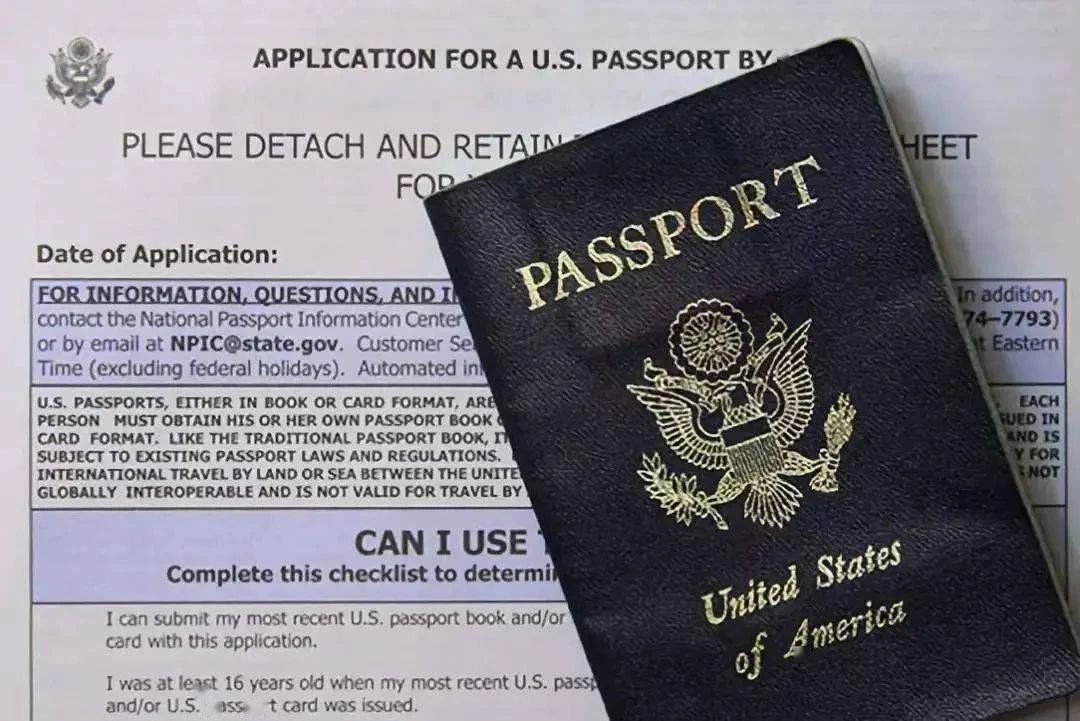
Positive news for foreign trade
“Recently,China announced a unilateral visa-free policy for six countries, and China and the United States mutually relaxed visa restrictions, providing more cooperation opportunities for Chinese and foreign enterprises.”
Recently,China announced a unilateral visa-free policy for six countries, and China and the United States mutually relaxed visa restrictions, providing more cooperation opportunities for Chinese and foreign enterprises. Relaxing visa restrictions for the United States The Chinese Embassy in the United States issued a notice on its official website on December 29th: To further facilitate the travel of individuals between China and the United States, starting from January 1, 2024, the Chinese Embassy and Consulates in the United States will exempt certain documentation requirements for L (Tourist) visa applications. Individuals in the United States applying for a tourist visa to visit China will be exempted from providing materials such as round-trip tickets, hotel reservations, itinerary, or invitation letters. Due to individual cases varying, specific requirements should be based on the Chinese Embassy and Consulates in the United States. This means that individuals planning to travel to China from within the United States will no longer be required to provide relevant application materials such as round-trip tickets, hotel reservations, detailed itineraries, or invitation letters when applying for a visa. As each application case may vary, applicants still need to adhere to the specific requirements and guidance provided by the Chinese Embassy and Consulates in the United States. Visa policy on the U.S. side Firstly, starting from January 2024, individuals meeting the following conditions can apply for a visa without an interview: 1、Previously held a different type of non-immigrant visa (excluding B visas). 2、The time elapsed since the expiration of the last visa (excluding B visas) does not exceed 48 months. 3、Applying in their home country or country of residence. 4、No previous visa denials, unless later overturned. 5、No apparent or potential disqualifying factors. Overall, this marks a relaxation of restrictions for Chinese applicants for U.S. visas. This initiative not only streamlines the process for Chinese individuals entering the U.S. but also enhances the administrative efficiency of U.S. visa agencies, promoting economic and trade exchanges as well as immigration interactions between the two countries. Visa-free for 6 countries! At the end of December 2023, China unilaterally expanded its visa-free access to an important group of countries. Starting from December 1, 2023, China implemented a unilateral visa-free policy for ordinary passport holders from six countries: France, Germany, Italy, the Netherlands, Spain, and Malaysia. With this expansion, the number of countries under China's unilateral visa-free policy increased from the original 2 (Brunei and Singapore) to 8, extending the coverage from Asia to Europe. From December 1, 2023, to November 30, 2024, citizens from these eight countries, holding ordinary passports, can enter China for business, tourism, family visits, or transit for up to 15 days without a visa. This significantly saves time and costs. Malaysia reciprocated China's visa-free policy by implementing a similar convenience measure for Chinese citizens. Starting from December 1, 2023, Chinese citizens can enjoy a visa-free stay of up to 30 days upon entry to Malaysia. According to a report from the German newspaper 'Die Welt,' within three days of the announcement of this new regulation, the search volume for flights to China on the travel search engine Kayak doubled among Germans. Shanghai, Beijing, and Guangzhou were the most common destinations. Jesse Woods, Vice President of Kayak Germany, stated: 'We believe there is a direct connection between the visa-free policy and the significant increase in interest in flights to China. Starting from March, China and Thailand mutually grant permanent visa-free access to each other. On January 2nd, local time, Thai Prime Minister Prayuth Chan-o-cha revealed to the media after attending a cabinet meeting that Thailand's visa-free entry policy for Chinese tourists is valid until February 29, 2024, and it is about to expire. Following continuous communication and negotiation with the Chinese side, there is good news: China and Thailand will implement a permanent mutual visa-free entry policy starting from March 1. This means that citizens traveling between the two countries will no longer require visas from each other. In the routine press conference held on the 2nd by the Chinese Ministry of Foreign Affairs, spokesperson Wang Wenbin expressed that the further strengthening of people-to-people exchanges and mutual visa exemption are in the fundamental interests of the two peoples. Currently, relevant authorities from both sides are closely communicating on specific matters, and they look forward to the early implementation of the arrangements. Previously, the ways to obtain a visa for Thailand mainly included sticker tourist visas, electronic tourist visas, and visa on arrival. Both sticker tourist visas and electronic tourist visas require the provision of a large amount of materials in advance for processing. Applying for a visa on arrival requires meeting specific requirements, paying a fee of 2,000 Thai Baht (about 410 RMB), and queuing at the airport customs for entry, with a validity period of only 15 days. Huang Qinhui, Vice President of Business at Hyatt Hotels Group Greater China, expects that in 2024, with the improvement of air transport capacity and the return of more international activities, the number of inbound Chinese tourists will increase. Julia Simpson, President and CEO of the World Travel & Tourism Council, stated that China's tourism industry is currently experiencing a "very strong recovery" and predicts that China will surpass the United States within 10 years to become the largest single tourism economy.


















